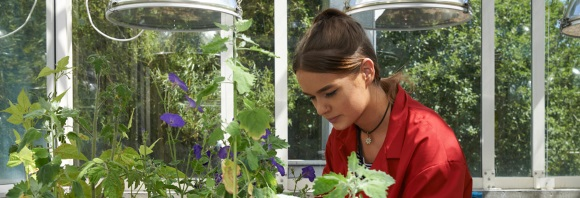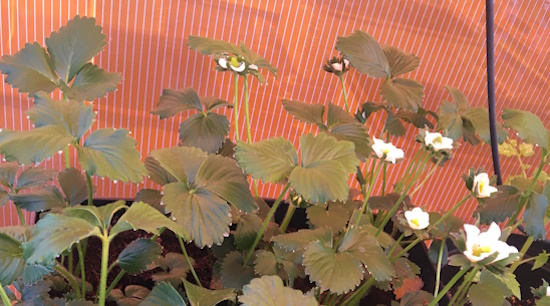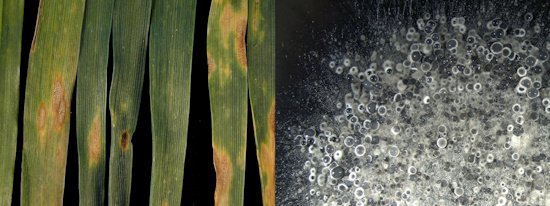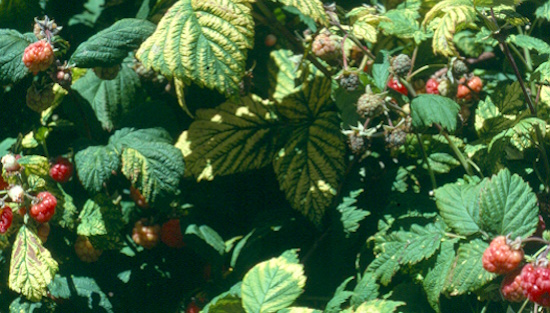Plant Health Undergraduate Studentships 2024
Undergraduates – would you like to experience the exciting world of plant science research, tackle a key science challenge, and be paid for it?
We’ve worked with plant scientists to create twelve fantastic projects that address major plant health challenges identified by the Department for Environment, Food and Rural Affairs (Defra).
Please note that applications for the 2024 round of studentships have now closed.
We are grateful to Defra, British Society for Plant Pathology, Association of Applied Biologists, SCI Horticulture Group and the Colegrave Seabrook Foundation for funding this programme.
Why apply for a studentship?
These placements are a great way to:
- Find out what it’s like to contribute to a real research project
- Get research experience and learn new skills to boost your CV
- Meet and work with scientists who can help to answer your career questions
Who can apply?
The scheme is open to undergraduate students registered at a UK institution for the majority of their science degree.
Students in the first year of their course are not eligible for this award.
Students will normally take up the award during the summer vacation in the middle years (i.e. 2/3, 2/4 or 3/4) of their degree but final year undergraduates intending to continue to study for a Masters or PhD may also be considered.
Mature students are eligible to apply.
The Royal Society of Biology is committed to ensuring equal opportunities in the life sciences, and supports diversity throughout lifetimes at school and higher education, in the workplace and training.
Please contact plantsci@rsb.org.uk with any questions.
Other conditions
Students will take part in an online mini-symposium during their placement. On completion of their project, students will be required to submit a poster about their project and complete a short feedback questionnaire.
A selection of students’ posters may be included in relevant Royal Society of Biology publications.
-----Projects which took place in 2024-----
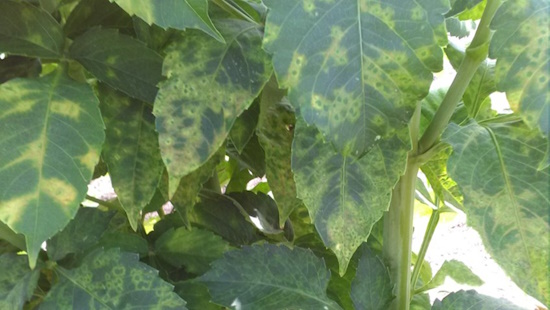
Identifying a novel virus in Dahlias (Canterbury Christ Church University)
Developing diagnostic tests for novel viral diseases of dahlia
Project Location: This project will be managed in-person at Canterbury Christ Church University
Supervisor: Dr Alec Forsyth
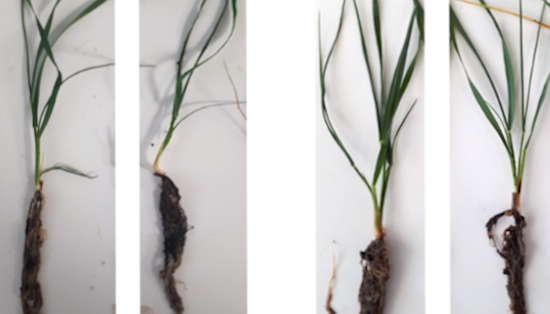
Detecting root infections via molecular techniques (University of Lincoln)
Detecting microbial root infections via a novel molecular approach
Project Location: This project will be managed in-person at the University of Lincoln
Supervisors: Dr Sandra Varga and Dr Stefan Millson
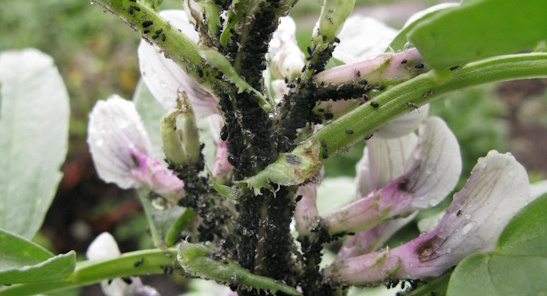
Assessing aphid management techniques (RHS Garden Wisley, Surrey)
Aphid management for home gardeners – tolerate or act?
Project Location: This project will be managed in-person, at RHS Garden Wisley, Surrey
Supervisor: Dr Hayley Jones
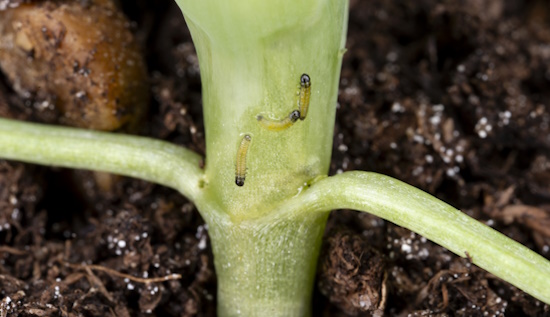
Investigating genetic resistance to pests in Oilseed Rape (John Innes Centre, Norwich)
Investigating genetic variation associated with Cabbage Stem Flea Beetle larval resistance in Brassica napus
Project Location: This project will be managed in-person at the John Innes Centre, Norwich
Supervisor: Dr Ryan Brock
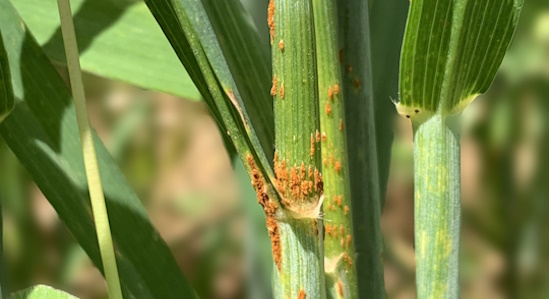
Investigating wheat stem rust in the UK (John Innes Centre)
Investigating the future threat of wheat stem rust to UK cereals under climate change
Project Location: This project will be managed in-person, at the John Innes Centre
Supervisor: Professor Diane Saunders
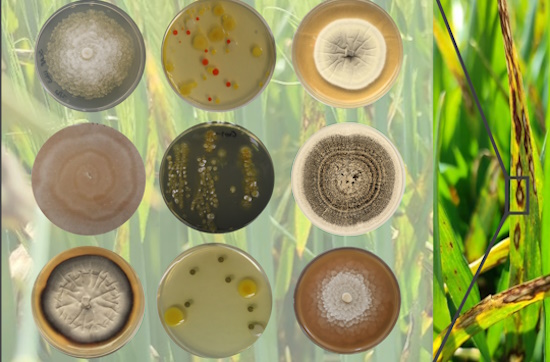
Combatting fungicide resistance in barley treatment (James Hutton Institute, Dundee)
Phyllosphere microbes for biocontrol of the barley scald fungus
Project Location: This project will be managed in-person, at the James Hutton institute, Dundee
Supervisor: Dr Lorena Rangel
Combining agrivoltaics with crop production (University of Greenwich)
Plant disease in agrivoltaics installations: effect of skewed light spectrum on Botrytis in strawberry
Project Location: This project will be managed in-person at the University of Greenwich
Supervisor: Dr Elinor Thompson
Investigating reproduction in fungal wheat pathogens (Rothamsted Research, Harpenden)
Investigating mechanisms underlying asexual and sexual reproduction in the wheat fungal phytopathogen Zymoseptoria tritici, the causative agent of Septoria tritici blotch disease
Project Location: This project will be managed in-person at Rothamsted Research, Harpenden
Supervisor: Dr David Withall
Detecting infection in raspberry plants (James Hutton Institute)
Determining spectral signatures associated with viral infection of raspberry and blackcurrant leaves to improve pathogen surveillance and detection methods
Project Location: This project will be managed in-person at the James Hutton Institute, Dundee
Supervisor: Dr Dominic Williams and Dr Louise Gamble
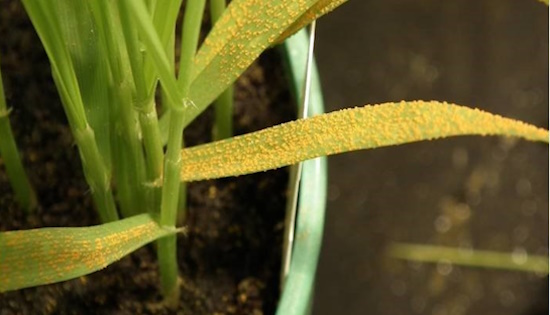
Investigating fungicide resistance in pathogenic rust fungi (NIAB, Cambridge)
Detection of fungicide resistant alleles in UK cereal rusts
Project Location: This project will be managed in-person at NIAB, Cambridge
Supervisor: Dr Nichola Hawkins
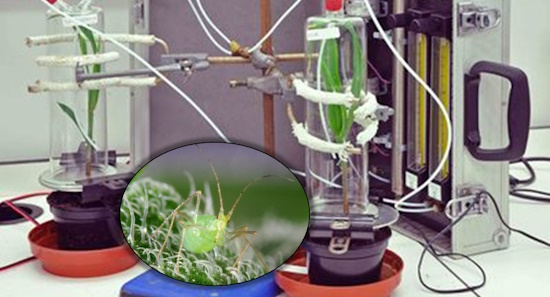
How plant chemicals affect the spread of viruses in wheat (Rothamsted Research, Harpenden)
Exploring impacts of barley yellow dwarf virus strains on wheat volatile chemical profiles and aphid behaviour
Project Location: This project will be managed in-person, at Rothamsted Research, Harpenden
Supervisor: Dr Lawrence Bramham
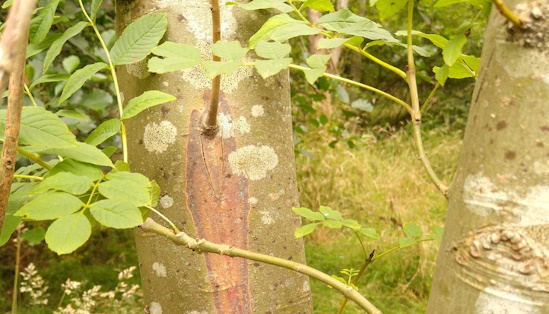
Investigating tree resistance to ash dieback (University of Strathclyde)
Towards multi-scale modelling of Ash dieback disease and tree resistance
Project Location: This project will be managed in-person, at the University of Strathclyde.
Supervisor: Professor Adam Kleczkowski
About Plant Health Undergraduate Studentships
Plant Health Undergraduate Studentships aim to:
- Address skills and capacity challenges in plant health science by providing attractive opportunities for research experience to suitable undergraduates, offering them the opportunity to undertake supervised research with leading research groups.
- Facilitate training of undergraduates in research practice.
- Encourage research proposals and generate research outcomes in areas relevant to Defra’s plant health priorities.
- Build networks of research groups, emerging scientists and employers with a focus on plant health.
Plant Health Undergraduate Studentships projects address at least one of the following priorities identified by Defra, related to plant health:
- Risk assessment and horizon scanning
- Inspections, diagnostics and surveillance
- Management of pests and diseases
- Resilience and Adaptation
- Plant Health Behaviours
- Evaluation frameworks


